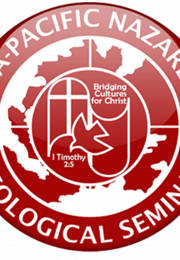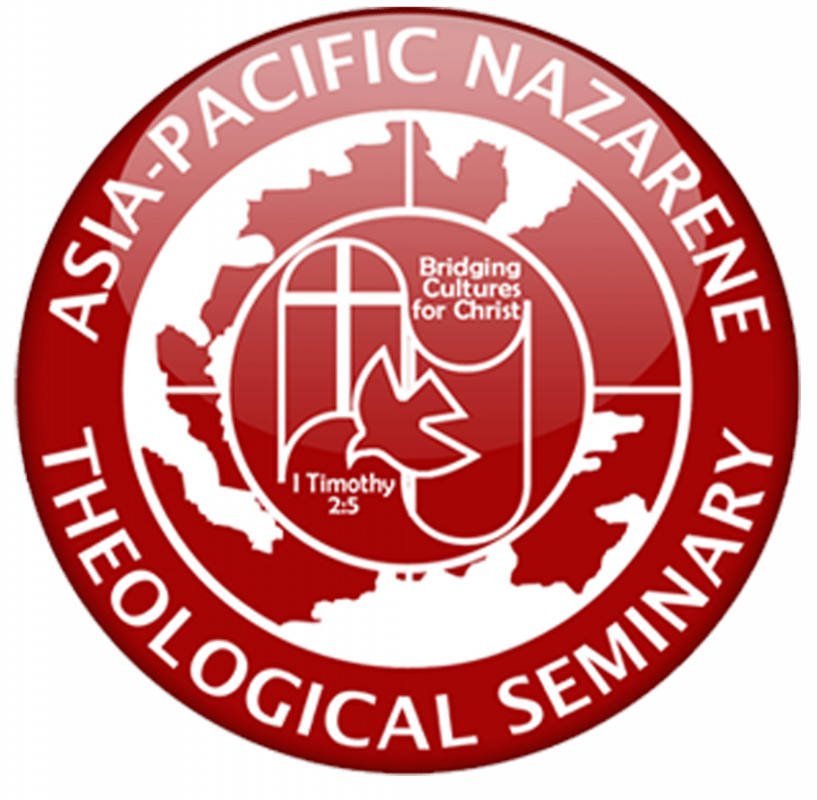- Resource Types
- Resource Languages
- Institutional Repository
 Visit the home page
Visit the home page
About Site Language
WHDL is viewable in multiple languages. Use the pull-down menu to select a language to view the site.
I changed my language, but I’m still seeing resources in the other languages?
If a resource or text has not been translated into your selected language, it will appear in the initially added language. We are always looking for help translating these resources. If you can help, contact us!
WHDL - 00014404


click to copy
Pena, R (2020). Towards a social values integration curriculum among adult Dumagats in Ilayan, Tanay, Rizal .
Pena, RoxanneTowards a social values integration curriculum among adult Dumagats in Ilayan, Tanay, Rizal . , 2020
Pena, RoxanneTowards a social values integration curriculum among adult Dumagats in Ilayan, Tanay, Rizal . , 2020
Pena, RoxanneTowards a social values integration curriculum among adult Dumagats in Ilayan, Tanay, Rizal . , 2020
This production thesis intends to develop a curriculum that would effectively integrate social values into the existing Department of Education’s Basic Literacy Program currently used among the Dumagat people. It is the intention to complement the DepEd curriculum to provide a well-rounded education catered to the needs of the adult Dumagats, to equip these learners with social values, and see their lives transformed in the process of learning. The methodology employed was the qualitative approach. The interviews and focus group discussion consisting of the current adult Dumagat teacher, tribal leaders, and adult learners yielded results of the felt needs. The needs of the adult learners relate primarily to their lack of self-dignity, self-worth, and sense of identity. These needs translate into curriculum goals and objectives that served as the basis in formulating the curriculum contents. The need-based curriculum expects to answer the felt needs of the adult Dumagat learners that bring relevant, applicable, and contextual lessons for bringing life-changing learning into the community. The curriculum used the frameworks of Hilda Taba’s curriculum development model and Sidney J. Drumheller’s model.
Using Taba’s framework, the needs of the Dumagats were diagnosed and plotted into goals and objectives. Using Drumheller’s model, the contents of the curriculum were categorized, which resulted in the development of the 15 lessons about social values. The Dumagat community has its own set of traditions, cultures, and beliefs, and it desires to cultivate and pass these on to their younger generations through education. The output of this study is to support that desire as it educates the adult Dumagats.
To make the utmost use of the curriculum, the researcher recommends the following: (1) Introduce the curriculum to those churches who wish to conduct a ministry among the Dumagats. (2) Conduct training sessions on how to use the curriculum material. (3) Translate the curriculum material into Filipino for better communication among the indigenous group. (4) For the facilitators to apply flexibility in the delivery of the lessons to promote an effective teaching-learning process. Recommendations for future researches include (1) Testing of the curriculum material to other groups of the Dumagat community to assess its weaknesses and strengths for the development of more lessons for a quarter, a year, or even for long-term teaching plans. (2) Doing the same field study for a longer time in the immersion to the community to generate stronger data. (3) For further development of the curriculum including the use of technology, Dumagat’s culture preservation, topics that deal with conflicts, and issues about the Dumagat’s desire to progress as well as the role of education in preserving their culture, socio-economic growth, and programs catering to the livelihood concerns of the community.
50 Resources
This collection contains the theses in fulfillment of the degree of Master of Arts in Religious Education at Asia-Pacific Nazarene Theological Seminary.
2021
2012
2020
2022
2020